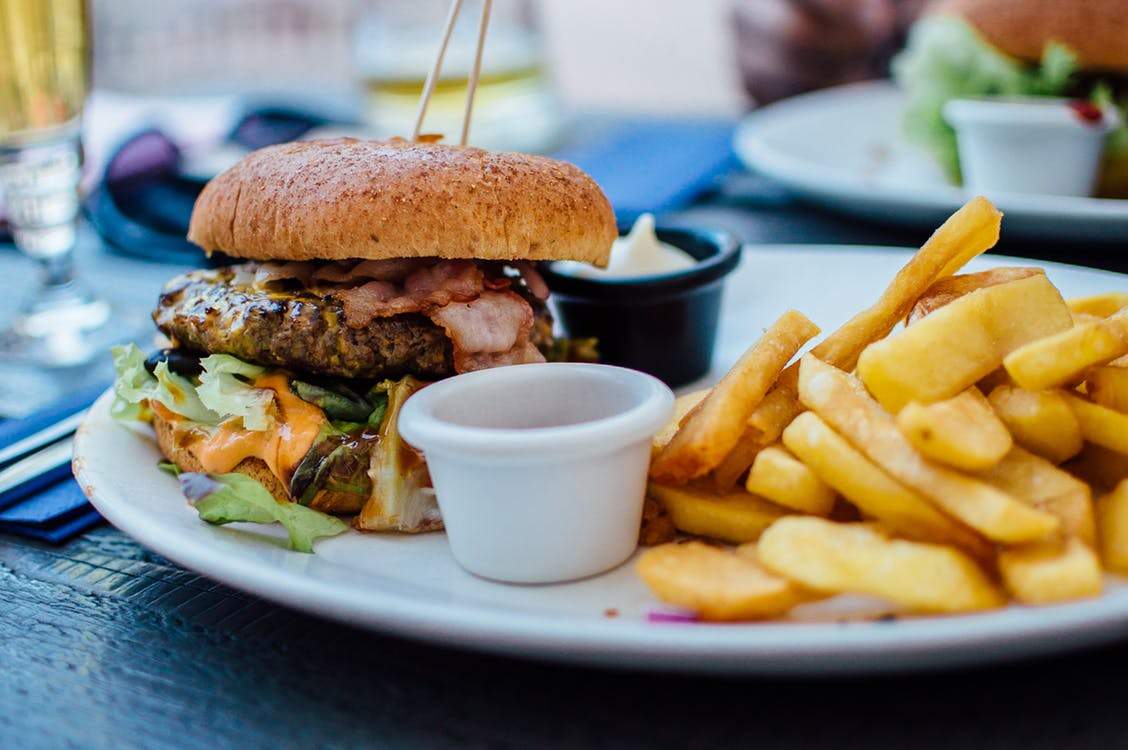
Mridula Wattas
Our body needs vitamins to function efficiently. They play important roles in metabolism, immunity and digestion. The vitamins, our bodies need, can be broken down into two groups: fat-soluble vitamins and water-soluble vitamins. Fat-soluble vitamins like A, D, E and K rely on fats to be digested. A lack of healthy fats in the diet can lead to deficiencies of fat-soluble vitamins. But if taken in excess these can be harmful to the body as these cannot be excreted easily. Water-soluble vitamins include vitamin B complex and the vitamin C. Excess intake is excreted in the urine. Because our bodies can’t store these vitamins, we need to take them regularly. The important minerals required by our body during different stages of life are calcium, iron, zinc, magnesium. A healthy balanced diet normally provides all these minerals in sufficient amount.The recommended dietary allowance (RDA) of various vitamins and minerals are far more than the actual requirements of our body. Because while calculating the RDAs, it is assumed that only a small percentage is actually absorbed from the food we eat. So we should make sure that our vitamin and mineral needs are met by making conditions favourable for maximum absorption of these vitamins and minerals by our digestive system. This way we can meet our daily needs by having lesser amount of these nutrients. The absorption can be maximised in the following way
Deworming
Parasitic infestations in the gastro-intestinal tract hinders the absorption of these nutrients. Even adults can have these infestations if they tend to eat out a lot because the food handlers or cooks could be the carriers. Hence, regular deworming is the must
Avoid wrong food combinations
Avoid eating palak and paneer together as the oxalate from palak combines with the calcium from paneer inhibiting calcium absorption from the gut.Do not drink tea or coffee with meals as the tannins present in both the tea and the coffee inhibit the absorption of iron from the food.Do not eat fruits along with the meals. The best time to eat fruits is on an empty stomach in morning, or as a snack between breakfast and lunch. This will ensure that all vitamins and minerals present in the food are fully absorbed.Do not drink water with meals as it dilutes the enzymes in the mouth and digestive tracks leading to in incomplete digestion and absorption of food.
Eating the right combinations
Lemon juice is a good source of vitamin C and should be taken with iron-rich foods such as spinach, quinoa, chia seeds, lentils, oatmeal and soybeans. Sulphur-rich foods like garlic and onion should always be added while cooking mutton, chicken because sulphur helps in the absorption of zinc and iron present in these foods.
Soaking and sprouting
Soaking and sprouting of cereals and pulses increases their vitamin C and B complex content and bioavailability. Eat probiotic and prebiotic foods To keep your gut healthy you need to maintain a healthy micro flora in your gut. Add the following foods in your diet which help to increase the healthy bacteria in your gut. These are prebiotic foods like banana, pineapple, garlic, onion, cucumber and flax seed. Probiotic foods like curd and yoghurt should also be added. Health and wellness is something which we all desire. Most people look for an easy way to attain it. The internet is flooded with information regarding the extra-ordinary role of some vitamins and minerals in achieving health and wellness. While the information may be true but it may not cater to individual needs. Since vitamins and mineral supplements are available over the counter and are considered relatively harmless without any side effects, more and more people fall prey to self medication with these supplements. However, these should always be taken under medical guidance and according to the specific needs of a particular person. The bottom line is that these supplements may be good for you but they do not substitute a balanced diet. Never start any such supplementation without consulting your doctor and in any case eating a healthy balanced diet is of utmost important.The writer is former Head, Department of Dietetics, PGIMER, Chandigarh
The right balance
Here is a list of certain foods if taken daily would provide the vitamins and minerals to our body in accordance with their recommended dietary allowances (vitamin A, E,K, B complex and vitamin C and minerals like calcium, magnesium, zinc and iron). For vitamin D half an hour exposure to sun is recommended.
- Low fat milk 1 glass
- Curd/ yoghurt 1 cup
- Wheat flour 75gm
- Brown rice 50gm
- Spinach 100g
- Fresh coriander, curry 25gm each
- leaves and mint leaves
- Tomato 50g
- Almonds 30g
- Pumpkin & watermelon seeds 30g each
- Bengal gram whole/soya bean 30gm
- Pumpkin 100g
- Amla one
- Lemon one
- Raisins 30g
- Rice flakes 30g
- Jaggery 30g
- Olive oil 30g
- Egg one
Add condiments and spices like red chillies, green chillies, cumin seeds, mustard seeds, turmeric and cardamom for additional minerals. You can also use millets like jowar, bajra and ragi in your daily diet.
[source=tribuneindia]

